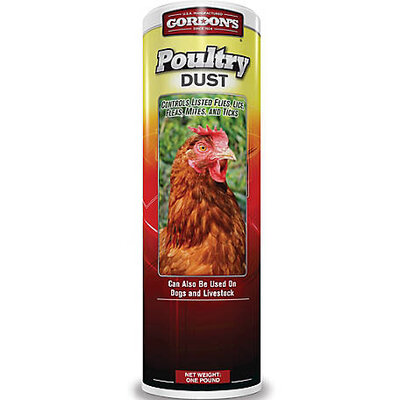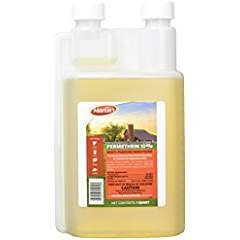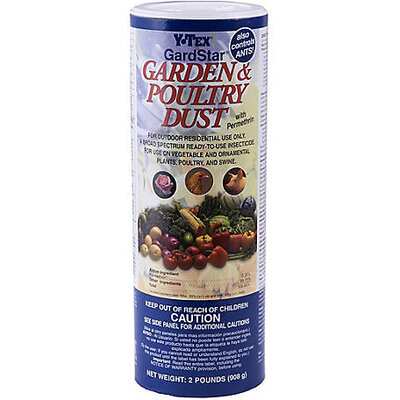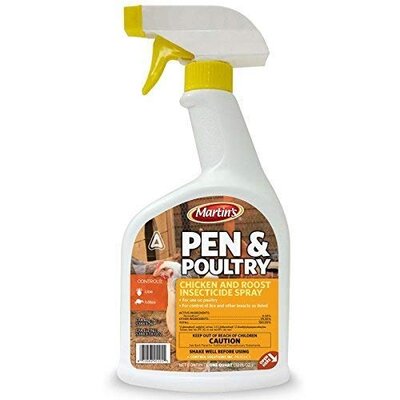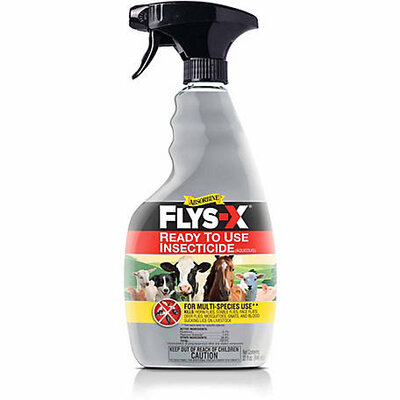- Mar 6, 2014
- 12
- 3
- 79
Hi everyone!
We have been struggling with a poultry lice infestation for a while now. Our flock is mostly free-range and have access to lots of dust baths, but I think they might have picked it up from wild birds. The lice were really bad in the beginning and some of the girls were losing lots of feathers. So, I manually dusted all 12 chickens with DE multiple times and sprayed with a natural pest spray in the coops. It seemed to help for a while... but now they're back. Some of our older chickens are becoming lethargic, and egg production has dropped significantly (Some of my older hens are molting though!). The lice have created little scabs and clumps of nits around feather shafts by the base of the tail and neck and under the wings.
I ordered Martin's Horse and Stable Permethrin Spray because I heard a lot of good things about permethrin. Does permethrin work for the lice eggs or just the adults, and what is the best method of spraying? Also, do you need to dilute it? I would really appreciate some advice on what is the best method to get rid of poultry lice.
Thanks!
We have been struggling with a poultry lice infestation for a while now. Our flock is mostly free-range and have access to lots of dust baths, but I think they might have picked it up from wild birds. The lice were really bad in the beginning and some of the girls were losing lots of feathers. So, I manually dusted all 12 chickens with DE multiple times and sprayed with a natural pest spray in the coops. It seemed to help for a while... but now they're back. Some of our older chickens are becoming lethargic, and egg production has dropped significantly (Some of my older hens are molting though!). The lice have created little scabs and clumps of nits around feather shafts by the base of the tail and neck and under the wings.
I ordered Martin's Horse and Stable Permethrin Spray because I heard a lot of good things about permethrin. Does permethrin work for the lice eggs or just the adults, and what is the best method of spraying? Also, do you need to dilute it? I would really appreciate some advice on what is the best method to get rid of poultry lice.
Thanks!




